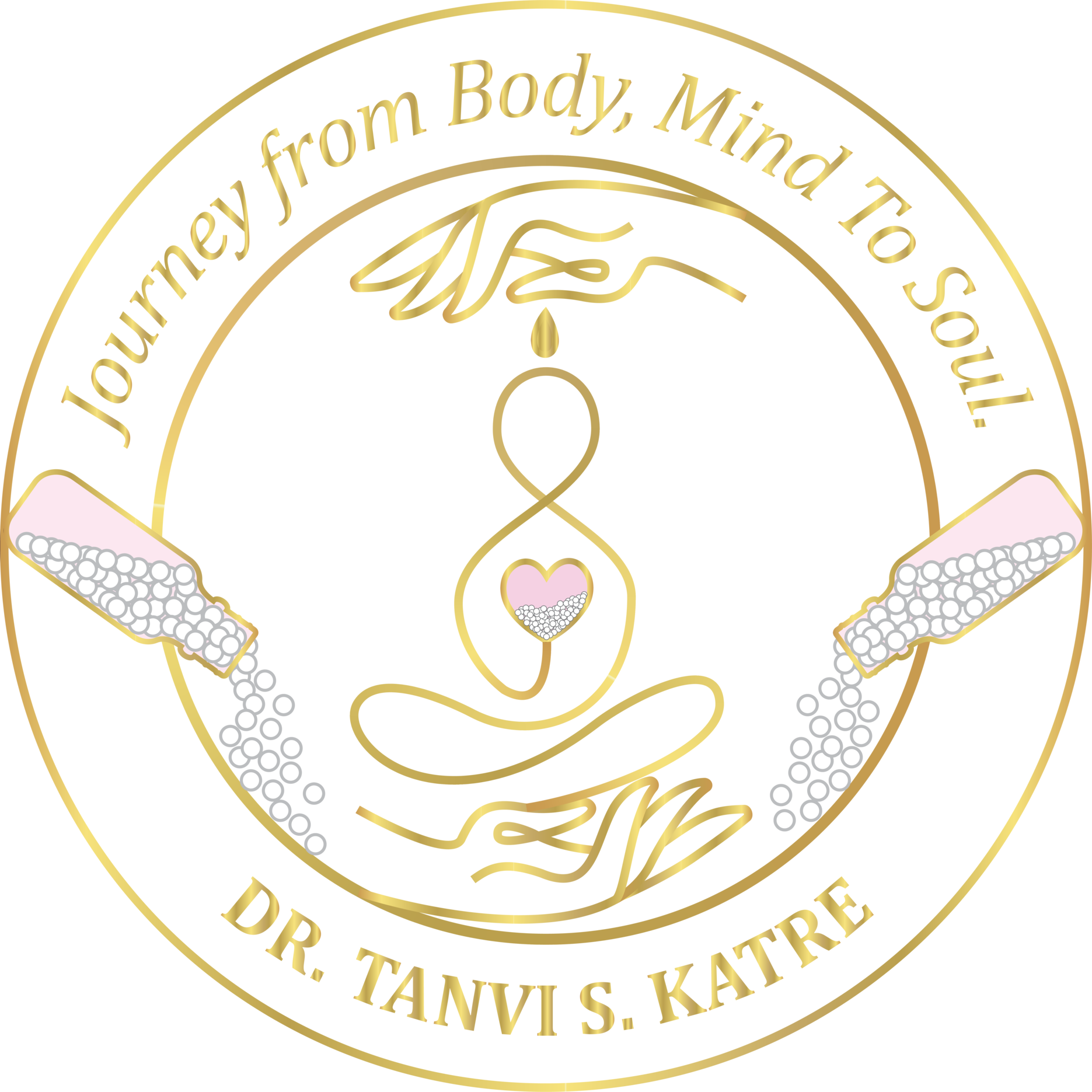Sleep Disorder
SLEEP DISORDER: CAUSES, SIGNS & SYMPTOMS, BENEFITS OF HOMEOPATHY TREATMENT
1. What are sleep disorders?
Sleep disorders are conditions that affect your ability to get the rest your body needs and maintain wakefulness. There are over 80 sleep disorders that impact:
- How well you sleep (quality).
- When you fall asleep and if you can stay asleep (timing).
- How much sleep and wakefulness you get (quantity or duration).
Everyone can experience problems with sleep from time to time. But you might have a sleep disorder if:
- You regularly have trouble sleeping.
- You feel tired during the day even though you slept for at least seven hours the night before.
- It becomes difficult to perform regular daytime activities.
2. What are the major categories of sleep disorders?
The categories of sleep disorders have changed many times over the years.
- Insomnia: You have difficulty falling and staying asleep.
- Sleep-related breathing disorders: Your breathing changes while you sleep.
- Central disorders of hypersomnolence: You have trouble feeling alert during the day.
- Circadian rhythm sleep-wake disorders: Your internal clock makes it difficult to fall asleep and wake up on time.
- Parasomnias: Physical actions or verbal expressions happen during sleep like walking, talking, or eating.
- Sleep-related movement disorders: Physical movements or the urge to move makes it difficult to fall asleep and/or stay asleep.
3. What are the types of sleep disorders?
There are over 80 different types of sleep disorders. The most common include:
- Chronic insomnia: You have trouble falling asleep or staying asleep most nights for at least three months and feel tired or irritable as a result.
- Obstructive sleep apnea: You snore and have moments during sleep when you stop breathing that disrupt your sleep.
- Restless legs syndrome: You have the urge to move your legs when you rest.
- Narcolepsy: You can’t regulate when you fall asleep or how long you stay awake.
- Shift work sleep disorder: You have trouble falling asleep and staying asleep and feel sleepiness at unwanted times due to your work schedule.
- Delayed sleep phase syndrome: You fall asleep at least two hours after your desired bedtime and have difficulty waking up in time for school or work.
- REM sleep behaviour disorder: You act out your dreams while in the rapid eye movement (REM) stage of sleep.
4. How much sleep do I need?
Everyone needs sleep. It’s an essential part of what makes our bodies function. The amount of sleep you need might be more or less than others, but experts recommend adults get seven to nine hours of sleep per night. Optimal sleep time varies by age; for example, children and teenagers may need more sleep than adults.
5. What are the symptoms of sleep disorders?
Symptoms of common sleep disorders vary based on the type, but could include:
- Difficulty falling asleep or it takes more than 30 minutes to fall asleep regularly.
- Trouble staying asleep through the night or you wake up often in the middle of the night and can’t fall back asleep.
- Snoring, gasping or choking happens during sleep.
- Feeling like you need to move when you relax. Movement relieves this feeling.
- Feeling like you can’t move when you wake up.
- During the daytime, you may experience additional signs and symptoms caused by a lack of adequate sleep including:
- Daytime sleepiness; you take frequent daytime naps or fall asleep while doing routine tasks.
- Behavioural changes like difficulty focusing or paying attention.
- Mood changes like irritability and trouble managing your emotions.
- Difficulty meeting deadlines or performance expectations during school or work.
- Frequent accidents or falls.
- If you feel like you’re not able to get a good night’s rest or have symptoms that interfere with your daytime activities, talk to a healthcare provider.
6. What causes sleep disorders?
A disruption to your body’s cycle of sleep and daytime wakefulness causes sleep disorders. Specific things may cause this to happen and it varies based on the type of sleep disorder you have. They may include:
- A symptom of a medical condition like heart disease, asthma, pain or a nerve condition.
- A symptom of a mental health condition like depression or anxiety disorder.
- Genetic factors (a mutation).
- A side effect of a medication.
- Working the night shift.
- Substance use before bedtime like caffeine or alcohol.
- Low levels of certain chemicals or minerals in the brain.
- An unknown cause.
7. What are the Risk Factors for Sleep Disorders?
- You may be more at risk of sleep disorders if you:
- Have an underlying health condition.
- Experience stress.
- Work late shifts.
- Have a history of sleep disorders in your biological family.
8. Homeopathy For Sleep Disorder
- Now, let's explore homeopathy, a gentle, side-effect-free approach that holds the potential to heal the emotional distress underlying sleep disorde.
- Homeopathy is like a gentle whisper of healing. It's a holistic approach that understands that our emotional distress has root causes.
- Homoeopathy doesn't just address the surface symptoms; it seeks to heal the very essence of what's troubling us.
- Homeopathy is a gentle approach, like a caring friend who understands without causing any unwanted effects.
- It's a holistic method that goes straight to the root causes of emotional distress and, in the case of anger issues, it helps to heal the pain that leads to such panicking situation. What's truly unique about homeopathy is its ability to provide relief without adding the burden of side effects. Instead, it promotes mental and emotional well-being, offering a path to healing without the worry of any unpleasant reactions.
9. How Homoeopathy Addresses Sleep Disorder?
Homeopathy is based on the principle that the mind, body, and soul are intricately connected, and to achieve true healing, all aspects of an individual must be considered. This holistic approach recognizes that emotional and mental well-being are as vital as physical health. Here's how homoeopathy understands and works with the mind, body, and soul connection:
1. Soul - Mind-Body Connection:
Homeopathy recognizes that our emotional and mental state can significantly influence our physical health. Stress, anxiety, and unresolved emotional issues can manifest as physical symptoms. Homeopathic remedies are chosen based on an individual's emotional and mental state, as well as physical symptoms, to promote overall balance.
2. Individualised Treatment:
Homeopathy focuses on individualized treatment. When you come to us, we will talk to you and listen to you carefully. It's like having a chat with a good friend who really cares about you. We ask about your feelings, your worries, and your life.
We take a detailed case history, considering not only physical symptoms but also the person's emotions, fears, and past experiences. By addressing the emotional and mental aspects, homoeopathy aims to restore harmony to the entire being.
3. Healing the Root Causes:
Homeopathy aims to identify and address the root causes of both physical and emotional distress. Instead of merely suppressing symptoms, it seeks to eliminate the underlying imbalances that contribute to illness. It’s a holistic method that goes straight to the root causes of emotional distress and, in the case of sleep disorders, helps to heal the pain that leads to such despair. This approach aligns with the idea that true healing involves addressing the core issues affecting mind, body, and soul.
4. Mental and Emotional Well-Being:
One of the unique qualities of homeopathy is its ability to promote mental and emotional well-being without side effects. Homeopathic remedies gently stimulate the body's innate healing abilities, supporting emotional balance and resilience.
5. Soul Connection:
In a broader sense, homeopathy acknowledges the spiritual or soul aspect of an individual. While not directly a spiritual or religious practice, homeopathy recognizes that a person's beliefs, values, and life experiences can impact their well-being. Homeopathy takes a holistic view, considering the person as a whole, including their spiritual or soul connection.
6. Monitoring and Adjustments:
We don't just give you the remedies and send you on your way. We stay with you on this journey. We will check how you're feeling and adjust things if needed. It's like having a buddy to help you along the way.
10. Benefits of Homeopathy in Sleep Disorder
Homeopathy offers numerous benefits for managing sleep disorders:
- Non-Invasive and Side-Effect-Free Treatment: Homeopathy is a ray of hope for those wrestling with sleep disorders. Unlike many conventional treatments, homeopathy is entirely side-effect-free. It's like finding a path to healing without having to navigate through a forest of side effects. This is especially significant in the context of sleep disorder management, where individuals need a gentle approach that doesn't add more emotional weight to their struggles.
- Suitable for All Age Groups: One of the most exceptional aspects of homeopathy is its inclusivity. It doesn't discriminate based on age. It's a healing art for everyone, from children learning to navigate their emotions to teenagers facing the ups and downs of youth, and adults seeking inner harmony.Homeopathy is like a steadfast friend, offering support at every stage of life's journey.
- Long-term Effectiveness and Sustainable Results: Homeopathy isn't about quick fixes; it's about creating lasting change. In the realm of chronic conditions like sleep disorders, long-term effectiveness is the cornerstone of healing. Homeopathy doesn't merely address the symptoms; it delves deep to find the root cause, offering the promise of sustainable results. It's like planting a seed of emotional resilience that grows into a mighty tree, providing shade and tranquillity in the long run.
- Non-Habit Forming: Unlike some prescription medications that can lead to dependency, homeopathic remedies are not habit-forming. They work with your body's natural healing processes to promote better sleep without creating a reliance on medication.
- Improved Sleep Quality: Homeopathy can help you achieve deeper, more restful sleep, making you feel more refreshed and energized when you wake up. This can have a positive impact on your overall health and daily functioning.
- Stress and Anxiety Reduction: Many sleep disorders are closely linked to stress and anxiety. Homeopathic remedies can effectively address these underlying emotional issues, helping you relax and sleep better.
Homeopathy offers a gentle, personalized, and holistic approach to managing sleep disorders, making it a compelling choice for those seeking a natural and effective solution for their sleep problems
WE are like your caring friends who will walk with you on your journey to feeling better.
So, let's embark on this journey together, and discover the potential for managing Sleep Disorder through the gentle and holistic power of homoeopathy.

